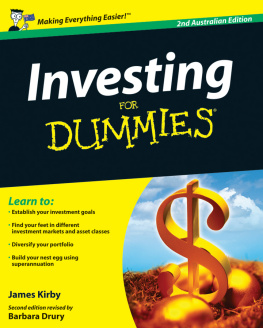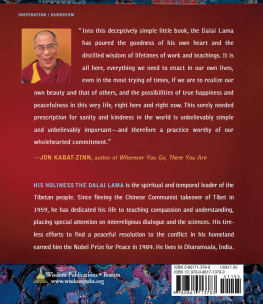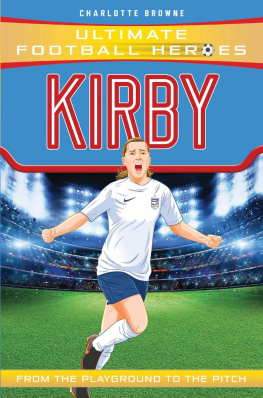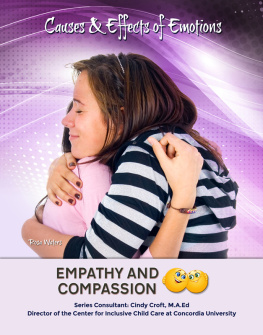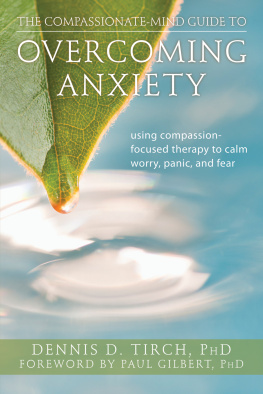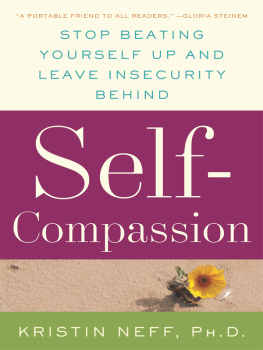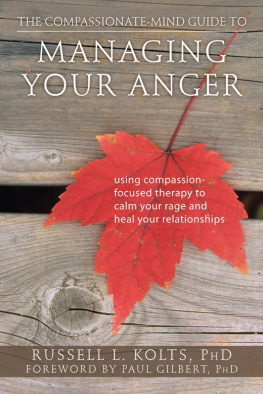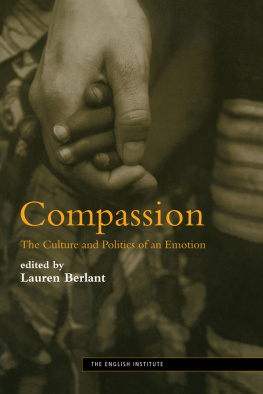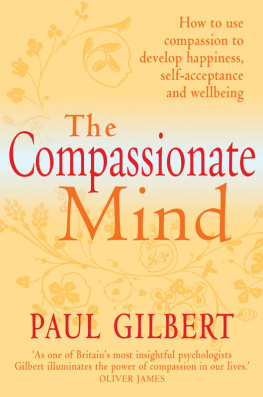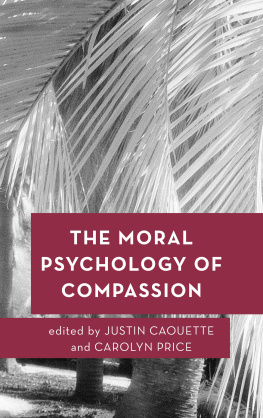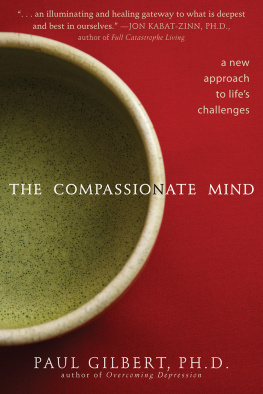Praise for Choose Compassion
This book is a gem. It is full of up-to-date findings, reflections on crucial conceptual issues and self-help guidance all presented in an easy-to-understand way. It will be essential reading for anyone interested in how to cultivate and promote caring and compassionate behaviours in oneself and many areas of life. Professor Paul Gilbert OBE, author of The Compassionate Mind
If you want to understand compassion you need look no further than this book. James Kirby seamlessly and compellingly weaves together current events, ethical dilemmas and therapeutic practice. Choose Compassion is moving, informative and highly engaging: an essential and stimulating guide to the value/quality we all so badly need at this troubled time. Jennifer Nadel, co-director of Compassion in Politics, and co-author of We: A manifesto for women everywhere
Choose Compassion made me want to be a better person and, more importantly, gave me hope that was something within my reach. Hopeful, friendly, accessible its like listening to a smart friend explaining those psychological and ethical concepts youve always wondered about. Tegan Taylor, health and science reporter, ABC
Choose Compassion is truly a tour de force, combining everyday examples of compassion mixed with hard science to make a compelling case that one should choose compassion as the ethos of ones life. James R Doty MD, founder and director of the Stanford University Center for Compassion and Altruism Research and Education (CCARE), and author of Into the Magic Shop: A neurosurgeons quest to discover the mysteries of the brain and the secrets of the heart
A compassionate response to stress and pain is at the heart of human life, and James Kirby brings us a masterful, practical guide to it. Grounded in fascinating research, his writing is friendly, deeply touching, and always useful. While compassion is natural, sometimes we block it due to thoughts about ourselves or others. Dr Kirby shows us how to find the inner freedom in a compassion that nurtures oneself while having goodwill toward others, even in challenging relationships. Charming and engaging, each page shines with the kindness and genuine brilliance of its author. A gem. Rick Hanson PhD, author of Buddhas Brain: The practical neuroscience of happiness, love, and wisdom
To anyone despairing at the state of the world right now, grab this book. It is a handbook for humanity, a deep re-affirmation of our innate compassion for others and the urgency to reclaim it, everywhere and anywhere we can, today. Kon Karapanagiotidis OAM, Founder and CEO of the Asylum Seeker Resource Centre
Powerful, fun, and insightful. This book makes you think creatively about compassion and gives us hope that we can each do something to help each other. Scott Barry Kaufman PhD, author of Transcend and Choose Growth, and host of The Psychology Podcast
James Kirby is the co-director of the Compassionate Mind Research Group at the University of Queensland. He studies the effectiveness of Compassion Focused Therapy interventions in helping with the self-criticism and shame that underpin many depression and anxiety disorders. James also works as a clinical psychologist in private practice. This is his first book.
For my family
Contents
Prologue
Y ou are out doing your morning exercise. While walking, you notice a child has fallen into a small pond. They are struggling. It looks like they are drowning. What do you do?
For many this is a no-brainer: you help. It would be hard almost impossible to imagine a scenario in which you do not help, despite the fact you would get wet, it would delay your exercise and it would be somewhat inconvenient. Still, by incurring these low-level costs you would be saving a childs life.
Many reading this book will be familiar with this thought experiment, referred to as the drowning child. Peter Singer created it to put to students taking his ethics course every year. He adds a further seemingly simple but important moral question to his students: Are we obligated to help the child?, to which the students almost always respond, Absolutely.
At this point in the experiment we could imagine varying possibilities that shift the degree of uncertainty. Perhaps there are other people around the pond who might be able to assist, or maybe you arent 100% sure that your efforts will make a difference. Do you still decide to help? Or you might need to leave your phone on the bank of the pond and there is a good chance it will get stolen. Do you still decide to help? What if you saved a child from the pond only last week?
The final twist: imagine if the child was in a distant country, but in a similar situation, and it was equally within your means to save them. Do you still decide to help?
How do we how do you make the decision to act compassionately towards others who are suffering? How do we weigh up the costs (e.g., wet clothes) and benefits (e.g., a childs life)?
We have experienced a massive disruption to our everyday lives during the COVID-19 pandemic. Many of us have incurred costs on a daily basis in order to protect others. These costs are, admittedly, relatively low: for example, wearing masks, keeping socially distanced, getting vaccinated, limiting our travel, staying home if sick and washing our hands. But how long are we willing to put up with these costs? For many of us, there comes a point when we start to feel like we cant continue, when we want to return to normal.
While balancing the stress of the pandemic, weve also been flooded with political ideology and discourse, with some politicians exploiting the situation to maximise their chance of getting votes. It can be difficult to process conflicting information about the right way to act in a sea of tragedy. Who do we decide to trust?
On the surface it might seem that making decisions to act compassionately when confronted with suffering is easy. You just do it. But real life is messy. The way our brains are designed, and the emotions we feel, can get in the way.
Lets have a look at another famous thought experiment, the trolley problem. In this scenario five people are tied to railway tracks and a train is coming towards them. You are in a position where you can alter the trains trajectory to a new track by pulling a lever. This will save those five lives. However, on this new track there is one person tied up, which the train will kill. You have two options: do nothing or pull the lever. What do you decide? If you pull the lever fewer people die, but you will have actively participated, albeit in a small way, in the death of one person.
Overwhelmingly people say they would pull the lever. It seems like the morally right thing to do, possibly even the more compassionate thing to do. Id propose there is one version in which it is almost guaranteed people wont pull the lever, and that is if the single person tied to the tracks is their child. Rightly or wrongly, parents value the life of their child more than the lives of five strangers.
There are many variations of this thought experiment, and there are also critics of it. The point of bringing it up here though is to show how we have in-built biases that make us value some lives more than others. This makes compassion complicated. If a person values their childs life over those of five strangers, can they still be called a compassionate person? If you were ruled only by logic, you might still pull the lever. But we all have emotions and feelings that we cant avoid.


